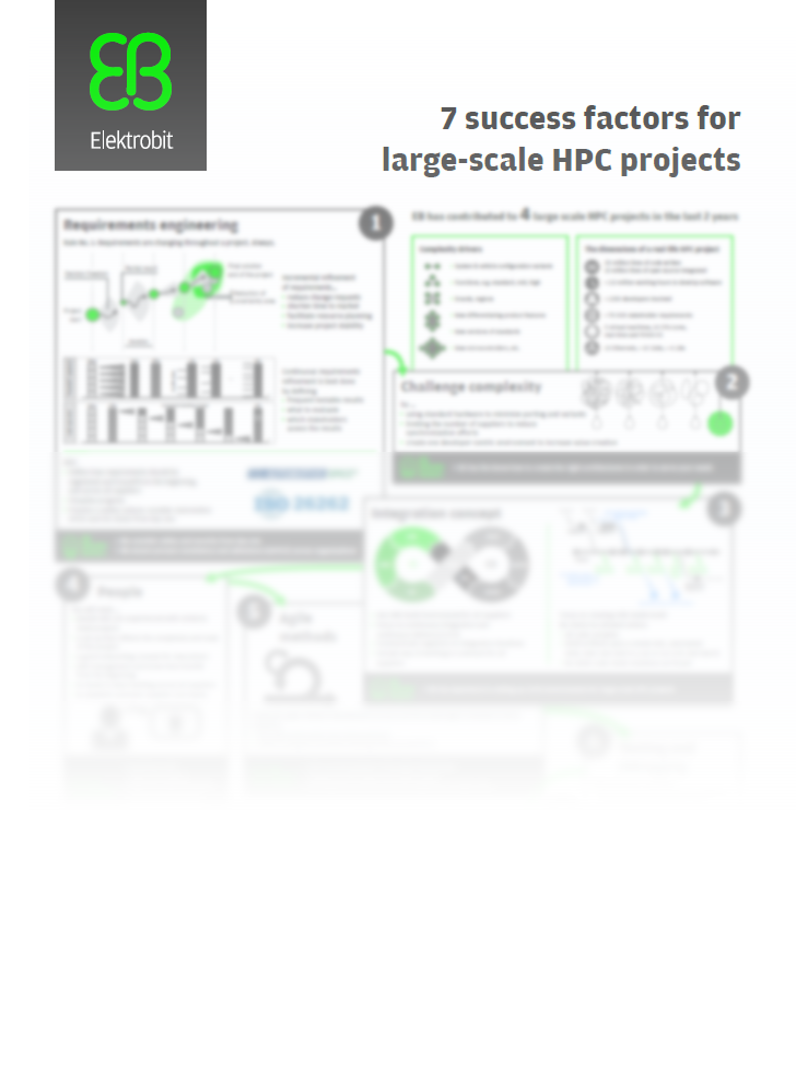
When we talk about motoring’s digital revolution, it’s difficult to avoid the growing similarities between a modern connected vehicle and a smartphone. When we purchase the latest phone, we’re investing in more than a processor, screen, and camera – but also an ongoing stream of updates that enhance performance, improve security, and add valuable new features. And when it comes to the latest generation of connected cars – which now have expected lifespans of between 10 and 15 years – consumer expectations are no different.
The shift from hardware- to software-defined vehicles presents automakers not just with the challenges of creating next-gen architectures based on high-performance computers (HPCs), but also with the challenges of delivering software updates throughout the entire vehicle life cycle. And as we’ve already seen, the brands embracing a “big picture” approach to software are already capturing the imaginations and loyalty of today’s tech-hungry consumers.
Leveraging software to create a lifetime of value
When consumers buy new vehicles, and particularly in the case of EVs, they now expect simple and consistent updates that add new functionality, improve safety, and even enhance performance and range. And, as with smartphones, many are also willing to purchase upgraded features on a one-time or subscription basis, a trend that unlocks a host of new revenue opportunities for automakers and OEMs.
But while the demand for user-friendly services such as over-the-air (OTA) updates is on the rise, only a handful of brands are yet to align their offerings with consumer expectations. This shortfall has driven many automakers to seek partnerships with specialist software companies that can provide the products and services needed to create, develop, and deliver life cycle updates and security patches. These leading solutions are now fully optimized for the latest HPC environments and incorporate many different software components based around Linux and AUTOSAR.
Today’s connected vehicles are no longer one-off purchases, but an opportunity to build lifetime consumer relationships via an ecosystem of high-value features and services. For automakers, a long-term software strategy is a powerful way to boost consumer satisfaction, improve safety and cyber security, and increase their market share in the competitive global industry.
The importance of reusable and scalable car software
With the growing demands to create exceptional user experiences and secure new revenue streams, automakers need a long-term software roadmap built on reusing and scaling existing software stacks. To achieve this, they require the most advanced tools to facilitate and streamline these processes while eliminating additional payroll costs. Industry data shows that automakers engaging specialist HPC development software can reduce engineering efforts by up to 30%, allowing them to spend less time on infrastructure, and more time on innovation.
A critical factor in achieving reusability is decoupling software from hardware, which reduces the complexity of future vehicle designs, simplifies software integration efforts, and improves overall flexibility. With decoupled software, automakers can avoid the validation and testing of existing stacks and accelerate the release of new features in line with growing consumer expectations. Using an advanced HPC software development platform, automakers also gain access to ongoing improvements, security maintenance, and validated integrations needed to maintain and scale update strategies across many different models and markets.
With autonomous vehicles now on the horizon, software reusability and scalability are now critical factors in long-term automotive success. And by utilizing a specialist software development platform, brands can leverage advanced tools that reduce costs, accelerate development timelines, and enhance the quality of their final product. Ultimately, these advances will create more valuable automotive companies while improving safety and the on-road experience for drivers all over the world.
Discover more about developing a lifetime software strategy
Elektrobit (EB) is an award-winning and visionary global supplier of embedded and connected software products and services for the automotive industry. If you’d like to discover more about EB’s all-in-one solution for creating next-generation HPC architectures, we invite you to read more about our latest offering, EB xelor.
Related content:
Next-generation automotive electronics architectures based on high-performance computers
Everything important at a glance
Download our Infographic on the 7 success factors for large scale HPC projects, and have all relevant information available at a glance.




